Nurturing Peace: Tackling Pet Anxiety During the Holiday Hustle


Navigating the Holiday Hustle: Understanding Pet Anxiety
Unwrapping Anxiety: Signs Your Pet Might be Stressed
Recognizing the signs of anxiety in pets is the first step towards ensuring a stress-free holiday for them. Common indicators include:
- excessive barking
- pacing
- trembling
- hiding
- changes in appetite
If you notice any of these signs, it’s time to consider ways to make the holidays more comfortable for your furry friend.
Solutions: Helping Your Pet Deal With Holiday Anxiety
- Designate a Safe Haven:
Establish a quiet and comfortable space within your home where your pet can retreat when the hustle and bustle becomes overwhelming. This provides them with a secure sanctuary amid the holiday chaos.
2. Utilize Calming Pheromones:
Consider using pheromone diffusers or calming sprays to infuse your home with soothing scents. These aids can help create a calming atmosphere and alleviate stress for your pet.
Stick to Routine:
3. Maintain your pet’s regular routine as much as possible.
Consistency in feeding times, walks, and play can provide a sense of stability, helping to mitigate anxiety caused by changes in the holiday schedule.
4. Minimize Loud Noises:
Be mindful of the noise levels during holiday gatherings. If possible, create a quiet space for your pet away from the loud festivities. Providing earplugs or soft background music may also help mask disruptive sounds.
5. Mind Dietary Needs:
Pay attention to your pet’s diet, avoiding excessive treats or foods that might upset their stomach. A well-balanced and familiar diet contributes to their overall well-being during the holiday season.
6. Anxiety Medication:
For a comprehensive approach to dealing with your pets anxiety this holiday season, consider consulting with our team at VetMedics Compounding Pharmacy. We can provide your pet with customized medication to help alleviate anxiety. Our expertise in compounding allows for personalized solutions based on your pet’s specific needs, ensuring a customized and effective approach to anxiety management.
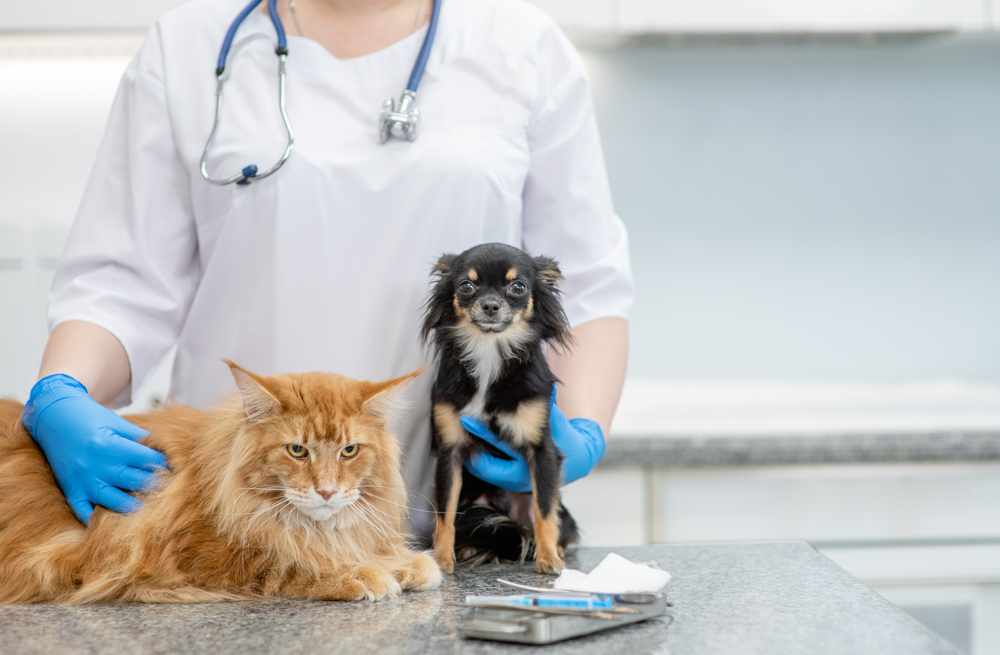
Embracing Peaceful Holidays: Prioritize Your Pet's Well-being
As you gear up for the holiday season, remember that your pet’s well-being is paramount. If anxiety is a concern, don’t hesitate to talk to your veterinarian as soon as possible. Our team at VetMedics Compounding Pharmacy is committed to working closely with your vet to ensure the right anxiety medication is provided and tailored to your pet’s specific needs.
Embrace the spirit of love and togetherness this holiday by taking proactive steps to make it a stress-free and enjoyable time for every member of your family, furry ones included.
 ACCOUNT LOGIN
ACCOUNT LOGIN ACCOUNT SIGN-UP
ACCOUNT SIGN-UP







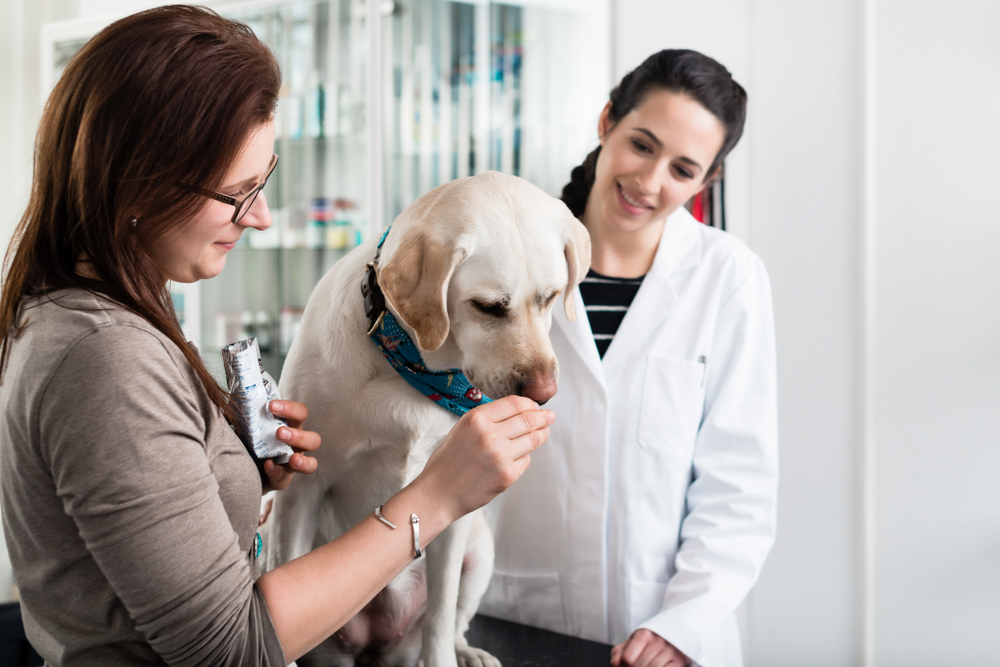
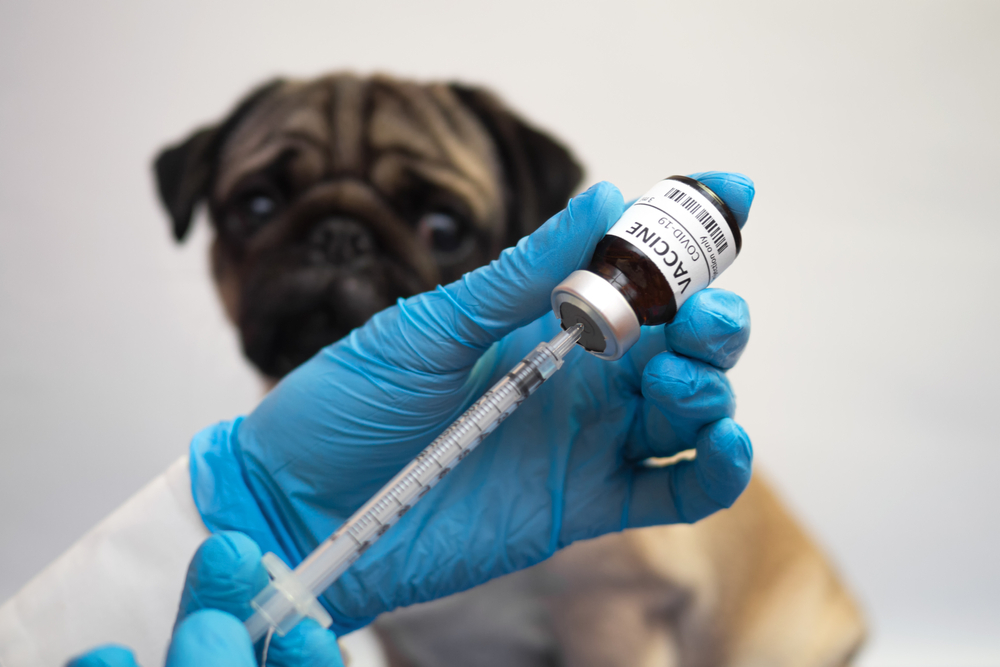
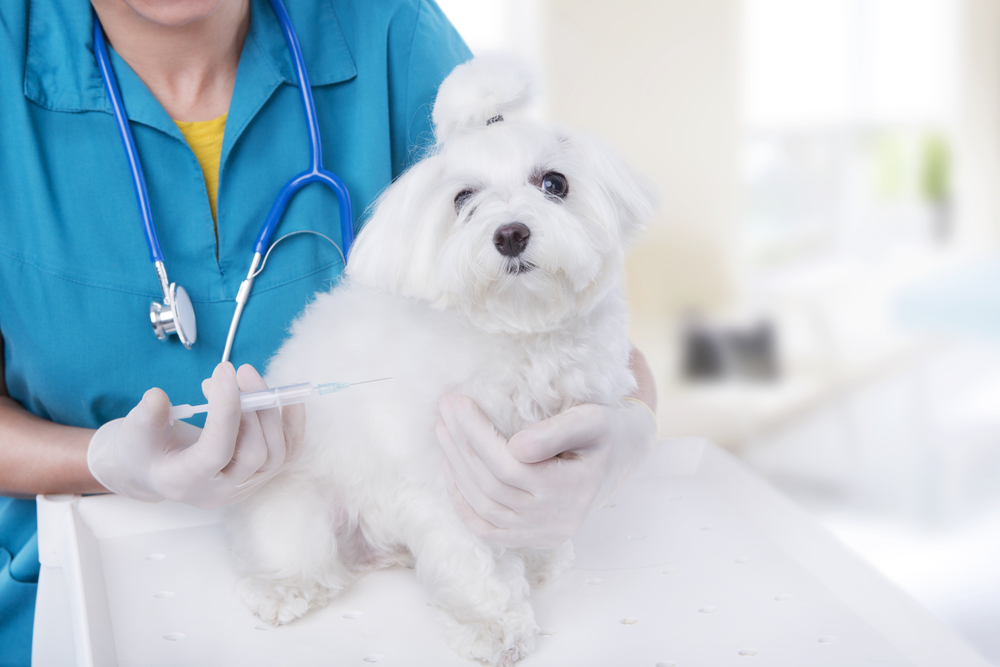
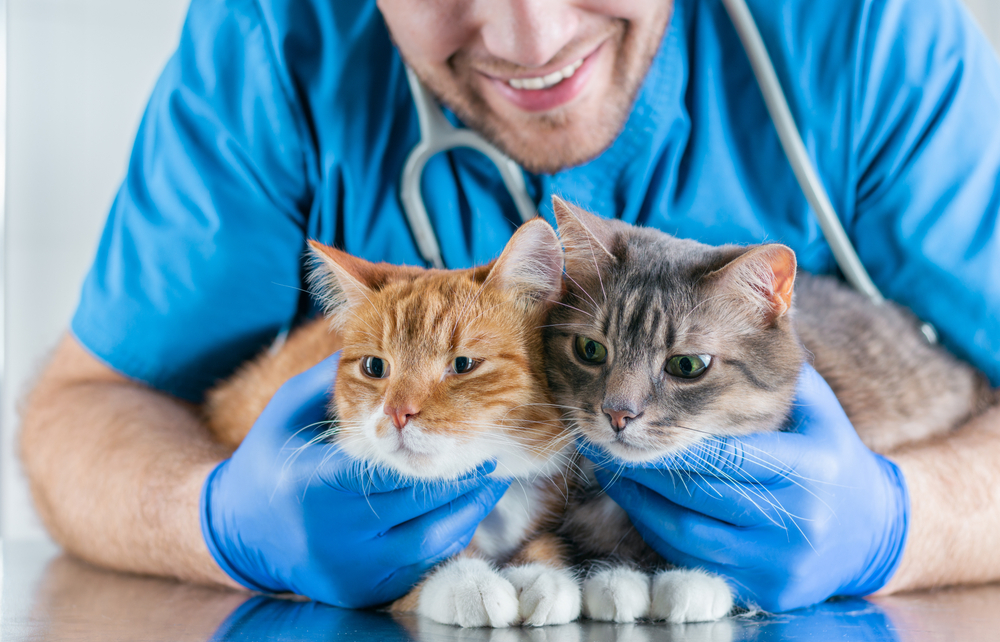


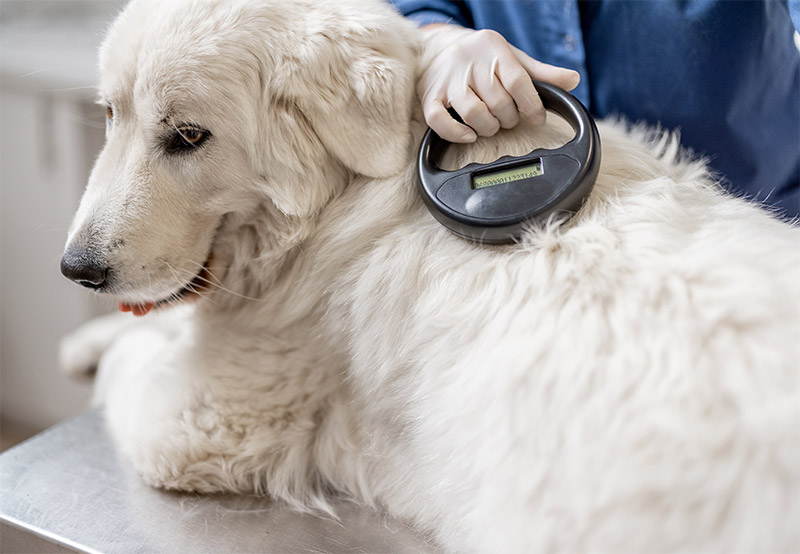
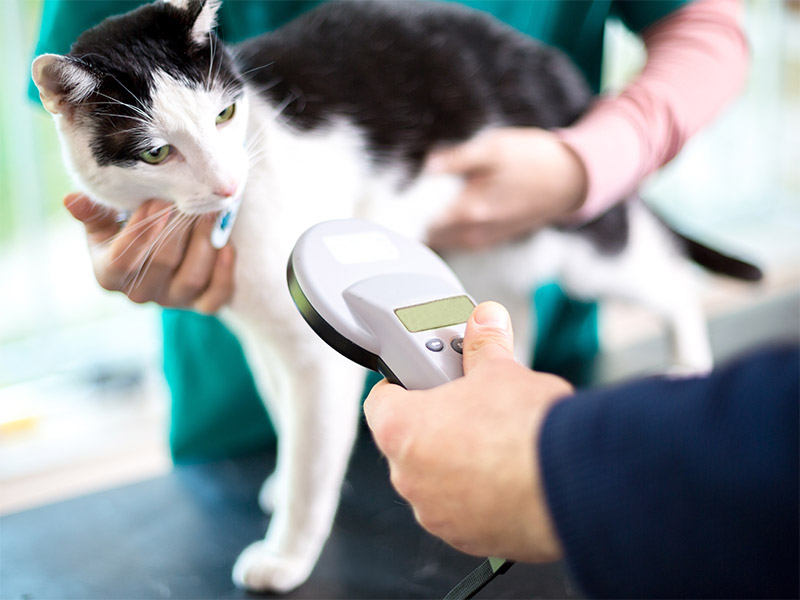














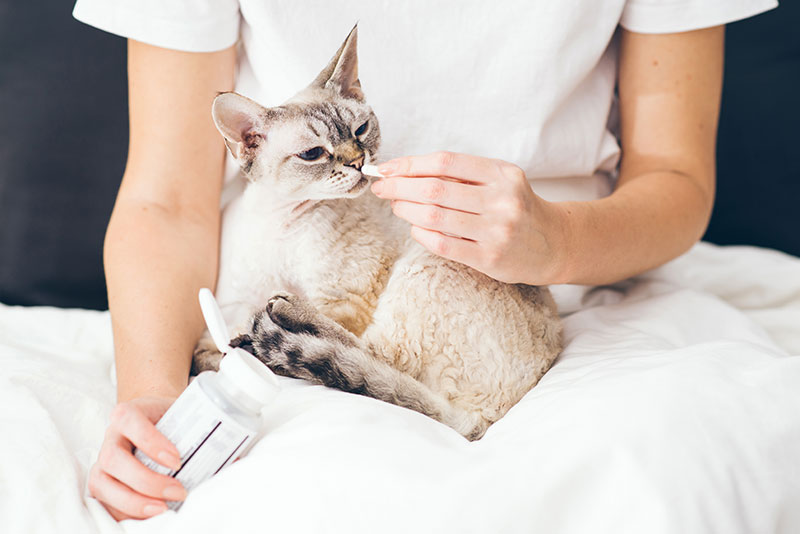

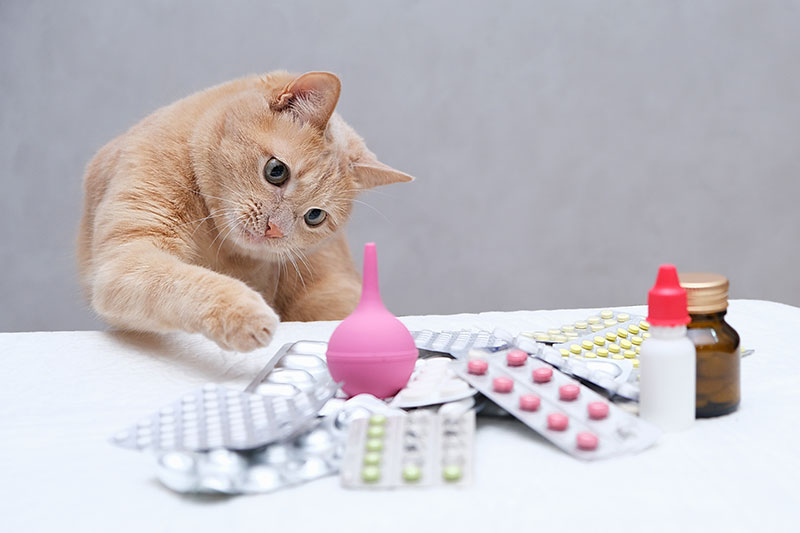

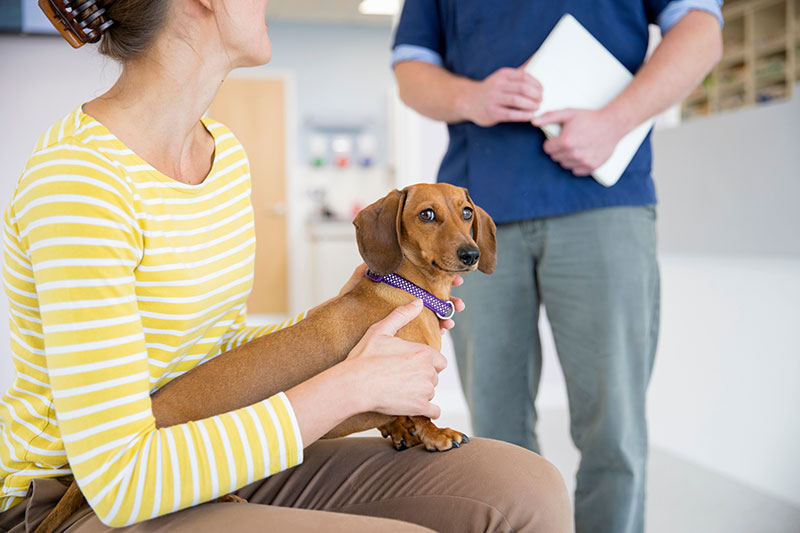
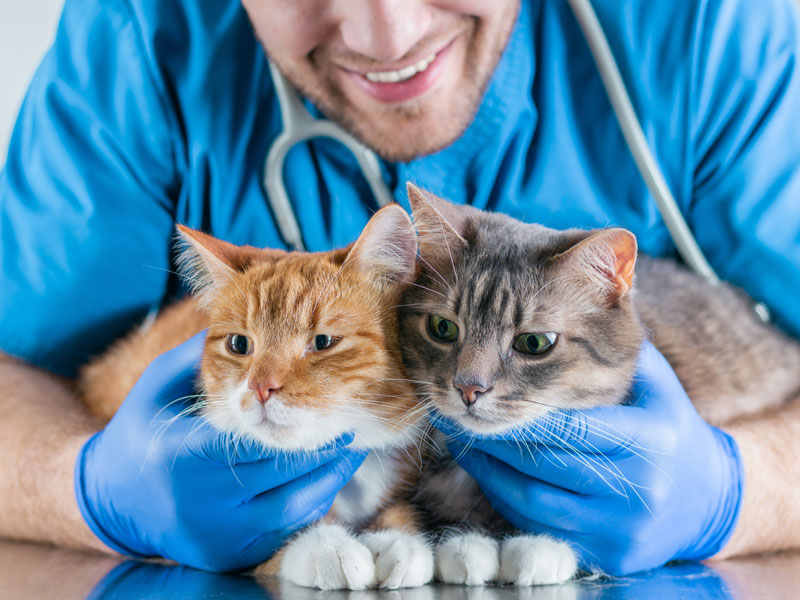

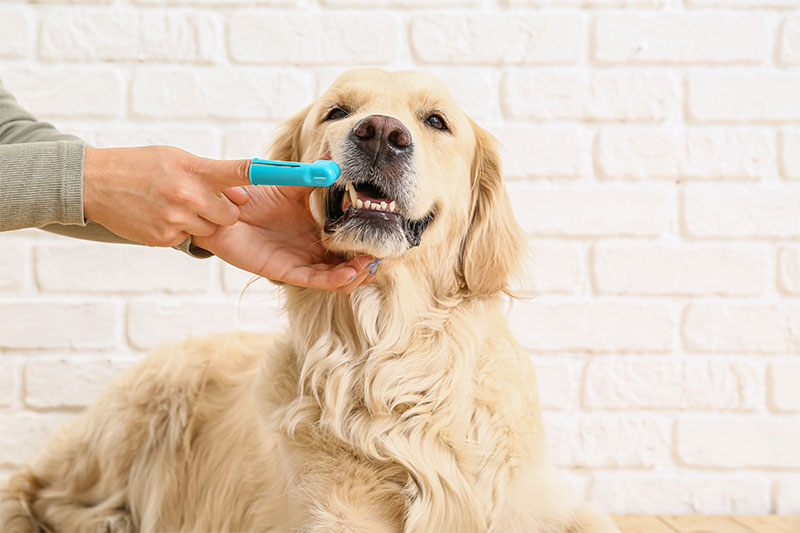
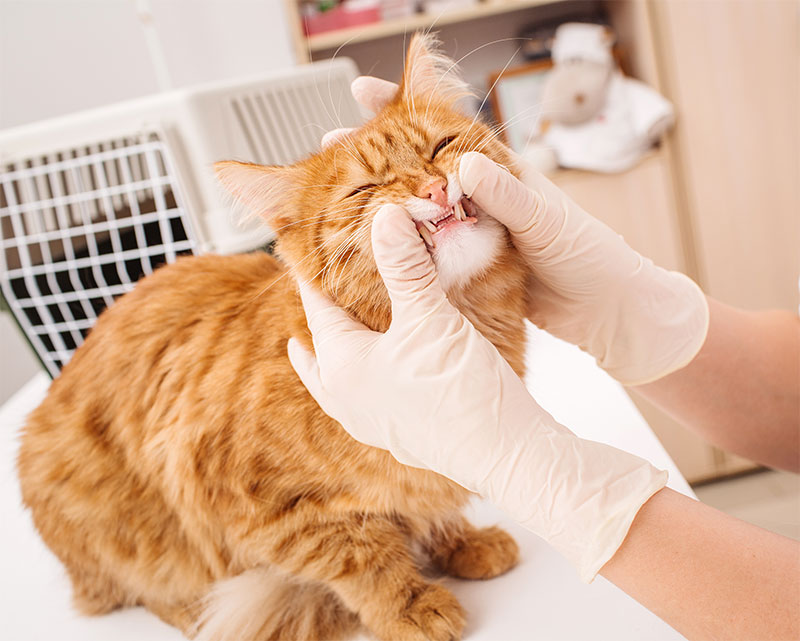








 CLINIC LOGIN
CLINIC LOGIN